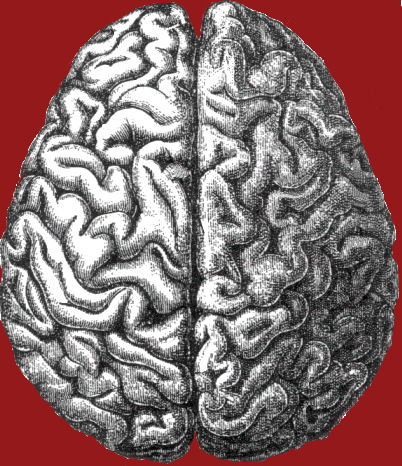
In this issue, we once again explore and debate the interlacing of humans and machines. We applaud Web Science and its interdisciplinary approach. We respect and admire brave conversationalists. We heed human values through Value Sensitive Design (VSD). We also accept the challenge to better perceive unified wholes.
As brave conversationalists, we must forge ahead resolutely, and over the long term — regardless of hyper-critical and hostile climates, greater complexity, risk, uncertainty, and more diverse stakeholders. We need our brains to adapt advantageously for ingenious design and development, especially as the time between stimulus and response becomes precariously pressurized. We need our complex problem-solving ability to flourish. And yet, researchers contend, to be brave over the long term, we must not only be willing to face, and endure, unpleasant conditions or behaviors, but we must also possess an essential attribute resilitency (1).
We activate resiliency when we reduce the wear and tear on our mind-body system. The mind and body interact as a complicated, interconnected whole; the interplay can be both positive and negative. When demands outweigh our ability to cope, we experience stress. When we allow ourselves to endure chronic exposure to stress, our bodies work overtime. Consequently, we move into allostatic overload. We suffer harmful physiological consequences; creativity is impeded, and our ability to adapt is constrained (2).
Researchers report that the constant use of technology is associated with higher levels of stress. The majority of Americans (86%) check their devices hourly (3). A majority of teens (78%) perceive the need to respond immediately (4). Even small, daily demands can lead us to allostatic overload (2). Technology is also reported as a source of conflict in nearly half of the homes of Millennials (3). As the demands of the digital flood in, we risk forfeiting familial social systems, as well as downtime. Yet engagement with social systems and downtime help us recover from allostatic overload (2).
As pro-human practitioners, we recognize the human as the principal and central agent. We can strengthen, clarify, and optimize this key stakeholder, when we give voice to the mind-body connection. Above all. we honor the unified whole of the human, especially as we shape, and are shaped by, these socio-technical systems.







 JOIN SSIT
JOIN SSIT